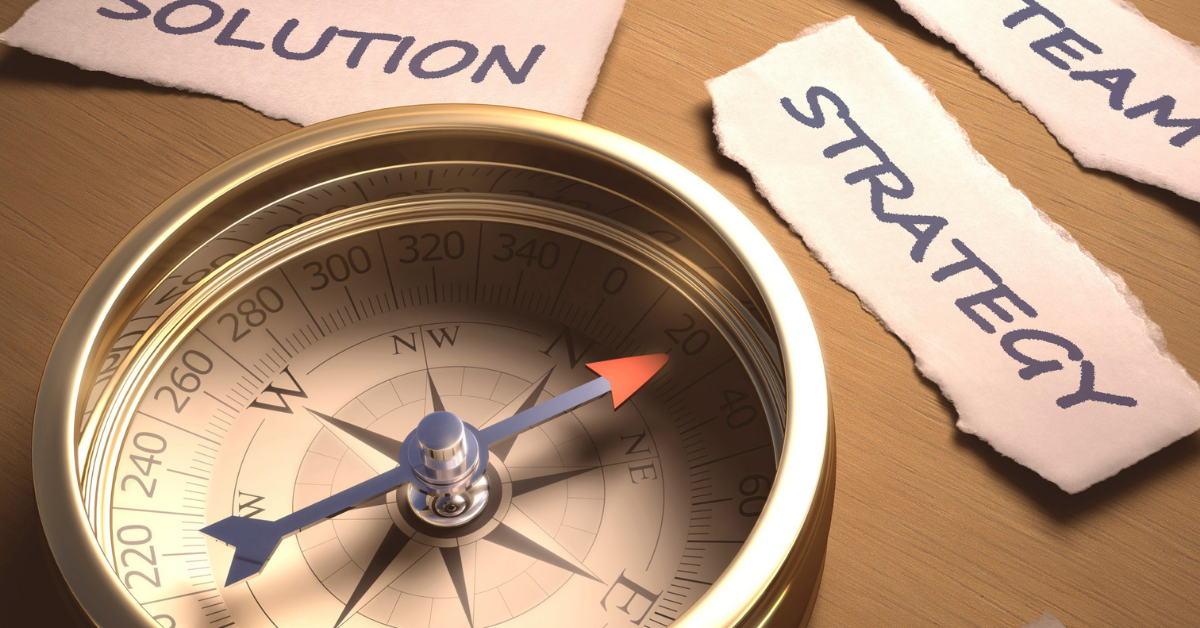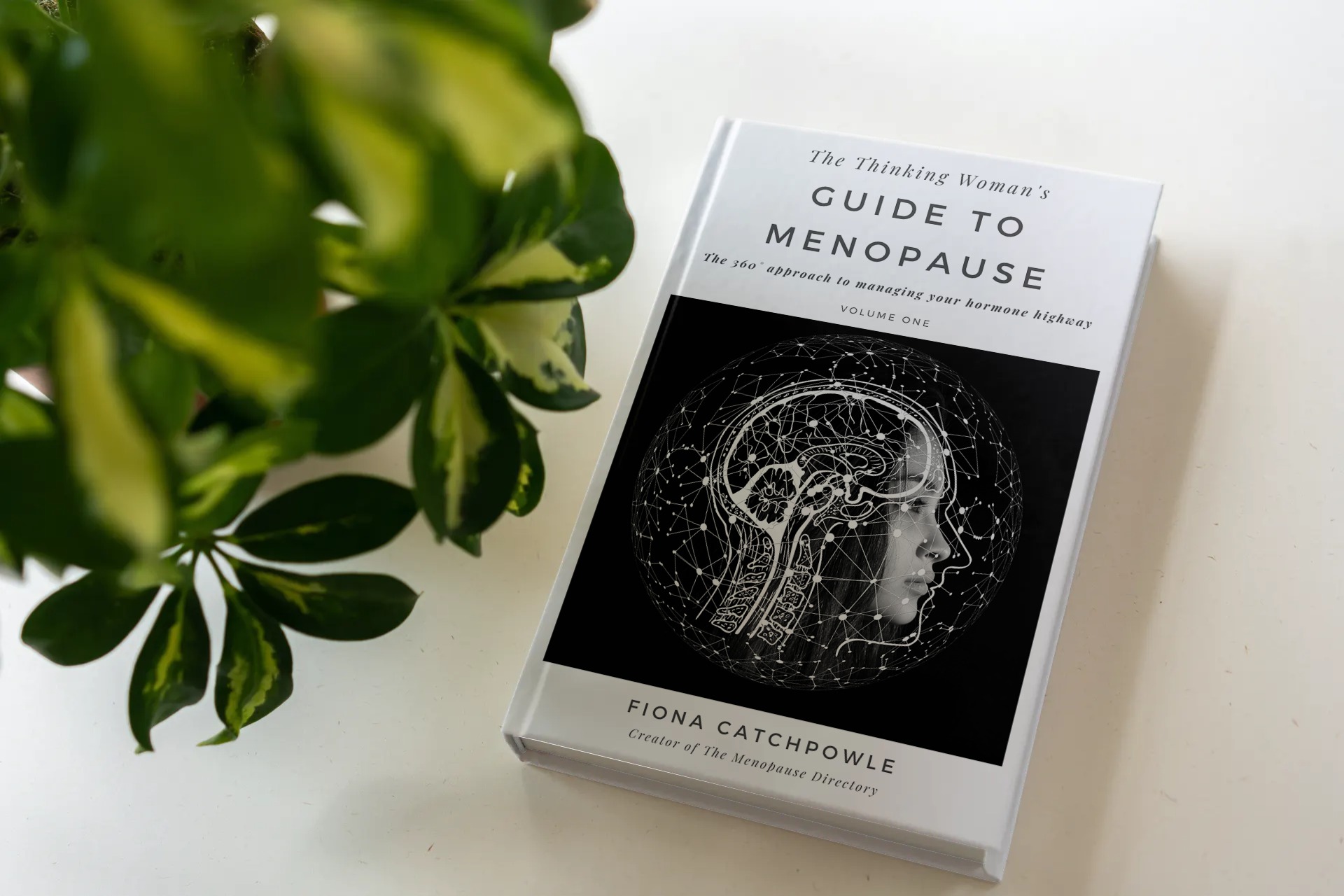MY MENOPAUSE DIARY
Find your controllable factors

Fiona Catchpowle
10 January 2021
When your menopausal hamster wheel is turning round and around, it’s hard to know which way to turn. Keeping a food & mood diary may sound simplistic as a potential band-aid, but it was my first light at the end of the tunnel.
Starting a food & mood diary as early as you can in your 40s will be a great asset to monitor your progress. Tuning into your hormonal highway will stand you in good stead. Some symptoms may be present by the time you reach 43. Whilst like I’ve said many times that menopause is not linear, there is a tendency for most women to find the anxiety and depression as an early symptom. Likewise irregular periods, sometimes heavy or even flooding. Poor sleeping patterns are also likely early on, which then leads to sudden, out of nowhere tiredness. But because you don’t sleep well you assume it’s insomnia causing the crushing fatigue, when it fact it could be a sharp dip in oestrogen. Next up could be forgetfulness – but feels like early on-set dementia! (The brain relies on oestrogen to function well).

Focus on choosing real foods
Not processed
Other reasons you may not notice the sequence of symptoms is because of being just too darn busy with life. Join the dots with your food & mood diary. At this point I am not referencing the diary as a weight management tool or to monitor per se what you are eating, but more as an awareness tool. If you are a regular journaling kind of person you may want to start annotating how you feel physically and mentally in relation to food choices, how much you have moved and slept. Connect this with your period cycles and it will be much easier to spot a pattern. Taking this with you when you seek support from a health care practitioner will be an added bonus.
“Change the things you can control”
At one point in my repair process I was working with a personal trainer to help with muscle strength. He would greet me with a ‘Hi, how are you today’. More often than not it would be a, ‘I feel like crap, but I’m here’, or ‘I’m tired but I know I need to do this’. Sometimes it would be, ‘I’m OK’. And so it went on.
One day he pointed out that I had more ways of expressing how bad I felt rather than how good I felt. We both looked at each other and realised he had hit on something. I’d been keeping a food and movement diary and started to add my mood, on a scale of 1-5 each day. He also listed all the physical milestones I’d achieved in a short space in time and bingo! – Life wasn’t as bad as I was making out. As soon as I tuned back into my meno-mindset I was able to spot a new sign or symptom, make adjustments and put it in the right zone at the right time and move on. I no longer had the ‘woe is me’ attitude and the feeling I was old before my time.
I ticked the menopause box, took it on the chin and worked out what I needed to do.
At times this is going to be a tough ride, for most but not all of you. However, it’s certainly possible to make the ride as smooth as possible with the right mindset. You may find in spite of all the strategies being in place, there can be times when things still hit the overwhelm button, but at least you now know what to expect.
Keeping a food & diary or journal will help find your controllables and reduce overwhelm.
Want new articles before they get published?
Subscribe to our Awesome Newsletter.

